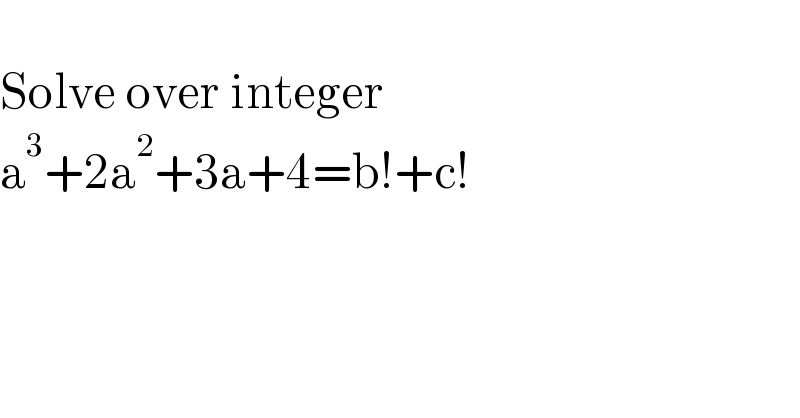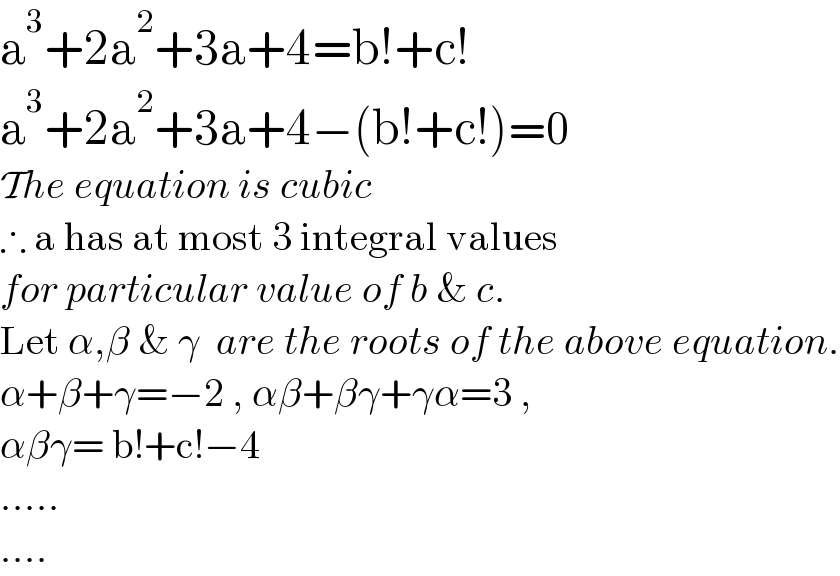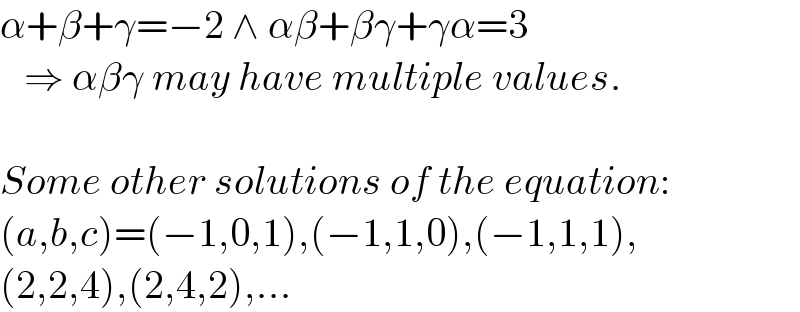Question Number 173556 by dragan91 last updated on 13/Jul/22

Answered by Rasheed.Sindhi last updated on 14/Jul/22

Commented by dragan91 last updated on 16/Jul/22

Commented by dragan91 last updated on 15/Jul/22

Commented by Rasheed.Sindhi last updated on 16/Jul/22

